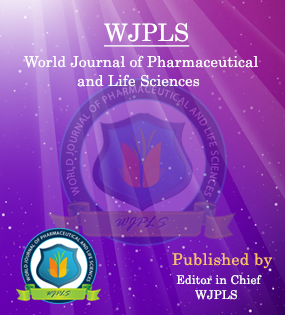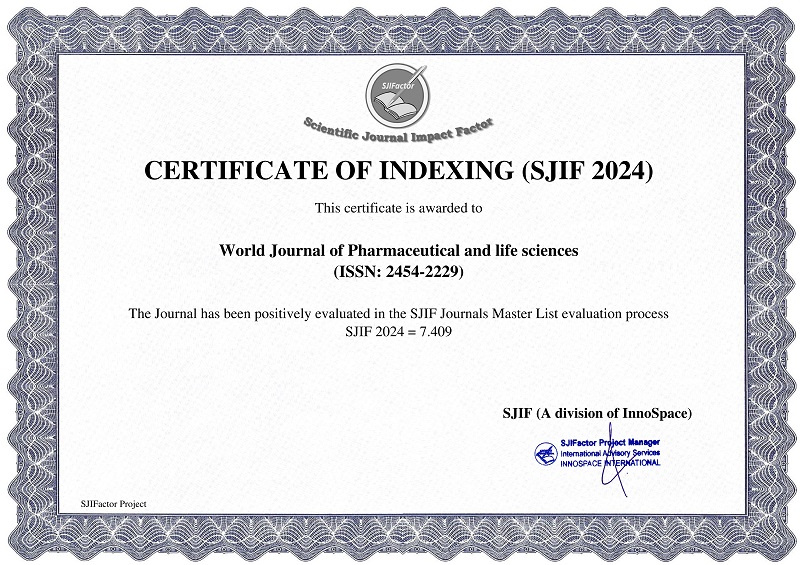Abstract
VOICES IN THE NIGHT: A NARRATIVE REVIEW ON PEADIATRIC INSOMNIA AND ITS CONSEQUENCES IN INDIA
Santhadevi Saminathan*, S. Valarmathi, Jasmine S. Sundar, S. Kalpana and G. Srinivas
ABSTRACT
Background: Paediatric insomnia is an increasing issue in India, impacting a large proportion of the child population. Treating childhood insomnia needs a variety of approaches combining parents, medical professionals, and academics in India, Early intervention and appropriate counselling will reduce the adverse consequences of insomnia. The purpose of this narrative review is to integrate available literature on the effects of paediatric insomnia in India, with a focus on the physical consequences: due to a lack of physical exercise, causing an increase in obesity and diabetes in children's psychological effects: 73% of teenagers with depression and 88% of youngsters with anxiety disorders. Social impact increased agitation, poor focus, and behavioural problems. The review aims to point out the importance of treating paediatric insomnia with all-encompassing and socially important methods by focusing awareness on these important regions. Methods: Indian medical journals, PubMed, Google Scholar, and other databases were used to perform a thorough literature search. The review covered both observational studies and clinical trials related to childhood insomnia in India. conducted a thorough investigation using the terms "prevention," "consequences," and "paediatric population." The publications in our collection ranged from 2010 to 2023. Discussion: Between 10% and 50% of children struggle with insomnia, an issue that has an important effect on this demographic. Physical consequences: children are becoming more obese and diabetic as a result of a lack of physical activity. psychological effects: 73% of adolescents with depression and 88% of children with anxiety disorders. Social effects exacerbated behavioural issues, inattentiveness, and irritability. The goals of interventions should be to increase awareness, provide early diagnosis, and adopt specific management measures that engage educators, families, and healthcare professionals to decrease these negative effects and enhance children's good developmental outcomes. Conclusion: Treating childhood insomnia needs a variety of approaches combining parents, medical professionals, and academics in India, Early intervention and appropriate counselling will reduce the adverse consequences of insomnia. Also, it helps to promote better social, physical, and psychological development of children. This review alarms to conduct public health programs to ensure children’s mental wellness care. Awareness of a hygiene environment for promoting sleep quality should be given constantly to the teachers, parents and caretakers of the children. Paediatric insomnia can be effectively prevented by implementing these efforts to decrease adverse impacts which will help in improving children's overall health.
[Full Text Article] [Download Certificate]WJPLS CITATION 
| All | Since 2020 | |
| Citation | 590 | 424 |
| h-index | 12 | 10 |
| i10-index | 17 | 14 |
INDEXING
NEWS & UPDATION
BEST ARTICLE AWARDS
World Journal of Pharmaceutical and life sciences is giving Best Article Award in every Issue for Best Article and Issue Certificate of Appreciation to the Authors to promote research activity of scholar.
Best Article of current issue
Download Article : Click here





